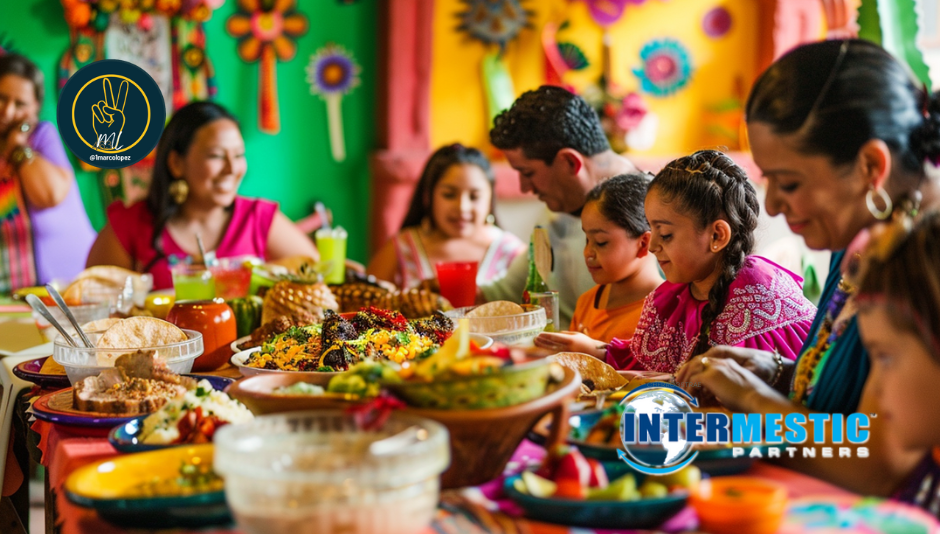
Unlocking the Impact of Mexico's Elections on Mexican-American Communities: Insights and Expertise from Marco Lopez
- Marco Lopez

- Apr 4, 2024
- 2 min read

As the former mayor of a border city in Arizona, director of the Arizona Department of Commerce, chief of staff at US Customs and Border Protection, and now the CEO of Intermestic Partners, I've navigated the intricacies of cross-border dynamics firsthand. Today, I want to share insights into how Mexico's elections resonate deeply with Mexican-American communities in the United States, drawing from my extensive experience in fostering cross-border collaboration and understanding.
The significance of these elections extends beyond Mexico's borders, touching the lives of Mexican Americans through dual citizenship and voting rights. This demographic's participation in Mexico's democratic process is not just a matter of political engagement but a profound connection to their heritage. It underscores their role in shaping the political landscape of their homeland, highlighting the importance of cross-border dialogue and collaboration.
Transnational issues such as immigration, border security, and trade relations are at the forefront of these communities' concerns. These issues, which transcend geographical boundaries, necessitate informed, collaborative approaches to policy-making and problem-solving. My work with Intermestic Partners, an international business advisory firm specializing in cross-border trade and development, has shown me the power of partnership in addressing these complex challenges.
Representation and policy priorities within Mexican-American communities vary, reflecting a spectrum of political ideologies and concerns. From immigration reform to economic opportunities and social justice, the need for voices to be heard and concerns addressed by Mexico's political leaders is paramount. Engaging and mobilizing from afar, Mexican Americans actively participate in Mexico's elections, demonstrating their commitment to influencing outcomes that affect their lives and communities.
Cross-border collaboration is essential in navigating the shared challenges faced by the US and Mexico. My experiences, from leading a border city to advising on national trade and security policies, have reinforced the value of such collaboration. It's about sharing knowledge, resources, and visions for a mutual future—a future where global citizenship extends the realm of democratic participation.
In conclusion, the perspectives of Mexican-American communities on Mexico's elections offer invaluable insights into the interwoven dynamics of transnational issues, representation, and cross-border collaboration. These insights not only foster understanding but also highlight the importance of engaging with and addressing the concerns of these communities.
At Intermestic Partners, we are at the forefront of facilitating this engagement, leveraging our expertise in cross-border trade and development to support meaningful dialogue and collaboration. If you're interested in exploring these dynamics further or collaborating on these critical issues, I invite you to reach out. Together, we can navigate the complexities of cross-border relations and work towards solutions that benefit both nations.
.png)




Comments